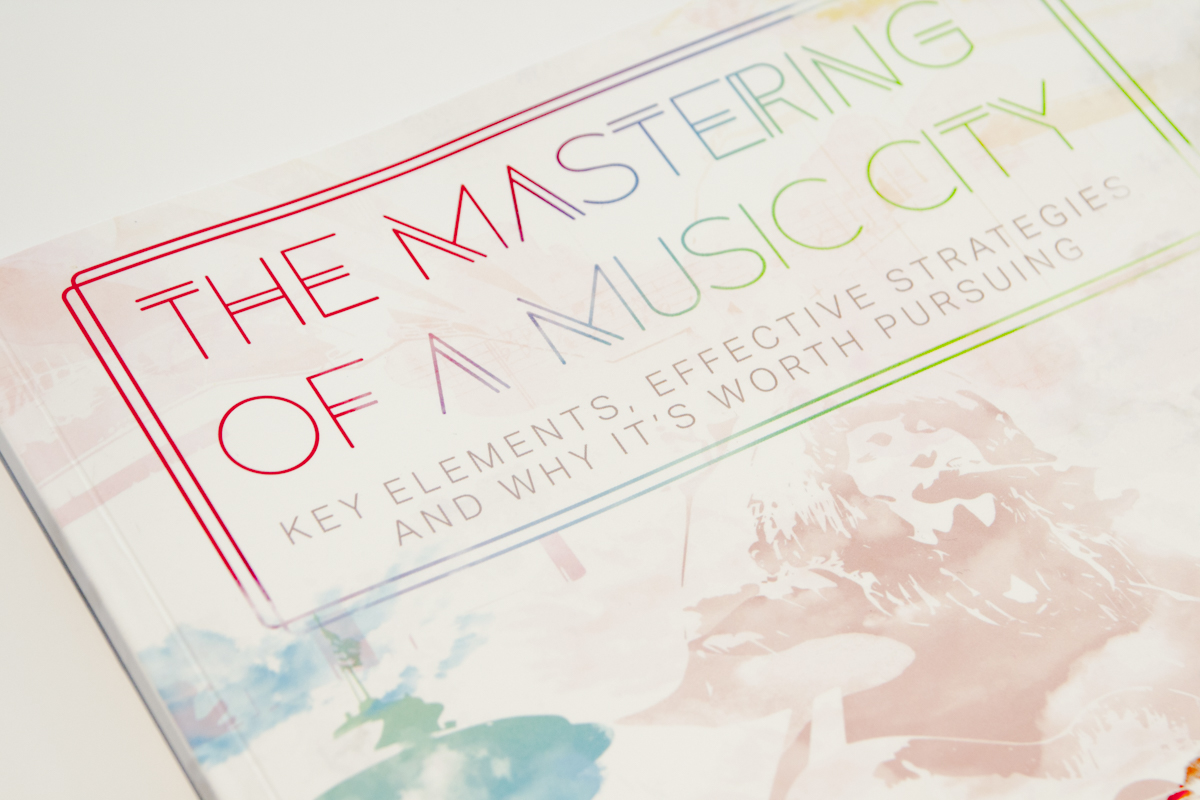Next week, City Council in London, Ontario, will consider two motions aimed at encouraging more music in the downtown core. The motions support the development of the London Music Strategy, which was unanimously supported by Council in 2014 with the goal of building London as a live music city and music tourist attraction. The Strategy has made major strides in recent years with the hiring of Cory Crossman, London’s first Music Industry Development Officer, and the subsequent launch of the London Music Office. The Office recently launched the London Music Census, which will assess London’s music assets as well as barriers to growth.
The first music motion before council would allow a temporary exemption of a by-law contained in the City of London Special Events and Procedures – Section 13, which states that amplified music cannot go later than 11pm, with a 15 minute grace period. The motion, put forward by Tourism London, asks Council to allow shows on September 8, 9, and 10, to go later than 11pm but no later than 1am. This would permit outdoor events during Country Music Week and the Canadian Country Music Association Awards, which London will host for the first time this fall. The pair of events are expected to directly benefit the local economy with the booking of approximately 2,000 hotel room nights and an anticipated economic impact of $6-8 million dollars. The motion was supported by London’s Community and Protective Services Committee on July 18th.
The second music motion before council is File Z-8625, a pilot project which temporarily amends Zoning By-law Z-1 to permit amplified music and dancing on existing patios in the Downtown Business Improvement Area and the Old East Village. The temporary amendment would run from August 1 to September 30, 2016. The motion was brought forward by the London Music Office, via the Culture Office, and was supported by the London Planning and Environment Committee last month.
“London is a diverse and eclectic music community that houses many great venues. Current by-law restricts amplified entertainment on commercial patios whether that is a radio, TV or musician singing,” said Cory Crossman, London’s Music Industry Development Officer. “To best serve the community, the Music Office wishes to launch a pilot project focused on establishing best practices to work forward from. This project is temporary and focused on creating practical solutions for amplified music on patios at restaurants, bars and dedicated venues.”
Music Canada research has shown that seemingly minor adjustments to municipal policies can paid major dividends in the growth of a city’s music scene. The Mastering of a Music City, which identifies best practices for growing a city’s music scene, cites an example from the State of New South Wales, which eliminated a special license needed by venues to host live music in 2009. Music-friendly policies allow music and culture to flourish in downtown areas. Creating a vibrant music scene not only brings economic benefits in the form of business activity and tourism, it adds a ‘cool’ factor to a city that can accelerate other benefits such as attracting and retaining investment and talent. For example, Montreal has invested heavily in its cultural district, the Quartier des Spectacles, which hosts over 30 venues and even more festivals, which, according to officials with the city of Montreal’s cultural office, has increased the quality of life for those living and working there.
The two motions before Council are indicative of the continued growth of the London Music Strategy, and a sign that the London Music Office, Tourism London, and the London Arts Council are committed ensuring the Forest City is a music-friendly city.







Music Canada